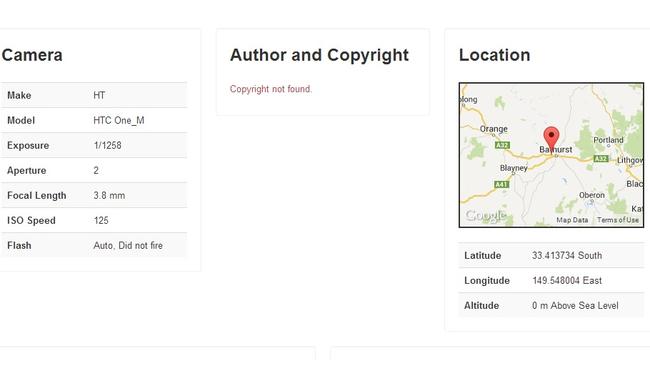Big Brother is watching: Why the government wants to keep your metadata
EVERY phone call you’ve ever made. Every word you’ve ever googled. Every Facebook post you’ve ever made. The government wants access to your data in a scary Big Brother move.

EVERY phone call you’ve ever made. Every word you’ve ever googled. Every Facebook status you’ve ever posted.
All your phone and internet records will soon be stored by the government for two years, in what some consider a scary play for Big Brother authority.
Prime Minister Tony Abbott’s national security committee has signed off on controversial mandatory data retention laws, which spy agencies claim are “critical” to fighting terrorism.
The Daily Telegraph has confirmed that the NSC, in a marathon meeting yesterday in Canberra, approved the laws to compel telecommunications and internet companies to keep customer data — namely metadata — for at least two years.
Mr Abbott and Attorney-General George Brandis confirmed the plan this afternoon when announcing a raft of new anti-terrorism measures.
What exactly will be kept?
It’s called metadata. For a phone call, metadata is mostly just a record of who you call and for how long.
But when it comes to the internet, a lot more is stored, and it’s really quite scary:
â— Every email you send and to whom, what time, where you sent it and the subject of it.
â— The location you took a photo, the settings you took the picture with and the camera model
â— All the information you post about yourself on social media plus when, where and how long you were logged in
â— What you searched for on Google, the results that appeared and the sites you eventually clicked on
â— The web pages you visit, when you visited those pages, hardware details about your computer and even login details if you use auto-fill password features.
Metadata can already be accessed without a warrant for criminal and intelligence investigations, but monitoring of internet or telephone use over a period of time requires a warrant from the attorney-general.

So why are they keeping it?
The government said the new measurers were all in the name of protecting the country from terror threats and were a response to the increase of Australian jihadists fighting overseas.
The United Kingdom adopted similar data retention laws last month following advice from MI6 about an increased terror threat in Europe.
Mr Brandis has labelled the domestic threat to national security as the most serious in decades.
Confirming that he wanted mandatory data retention, Senator Brandis said he hoped to introduce legislation this year, but it may not be voted on until 2015.
In light of that possibility, it is believed that Communications Minister Malcolm Turnbull and Mr Brandis are working on an interim data retention measure to be introduced as early as next month.
However, in a press conference this afternoon, Mr Brandis said the data retention plan would form the “third tranche” of the government’s planned anti-terrorism laws overhaul, indicating that it may be dealt with later.
Opposition Leader Bill Shorten has expressed concern about data retention.
“On one hand we need to make sure that our national security agencies are able to do the job they’re required to do and keep Australia safe — that’s of fundamental importance to all Australians,” he told Sky News.
“But at the same time we’ve got to make sure that we don’t have the rights of individuals, their private conversations on the internet, being intruded upon by Big Brother, so it’s a matter of getting the balance right.
“National security shouldn’t be a political issue, it should be about the Abbott government consulting Labor so we can come to the best outcome.”
Meanwhile, acting Greens leader Adam Bandt said the test for any data retention or surveillance should be whether a person is “reasonably suspected of having committed a crime”.
“To simply say everything you do online will be stored now and made available to government is overreach,” Mr Bandt said.
It is not yet known who will shoulder the cost of the laws, with Mr Brandis telling a press conference this afternoon that “The question of cost is something that the government is currently in discussion with the telcos concerning”.
Prime Minister Tony Abbott told the same press conference that there were a range of safeguards in place to ensure that Australians weren’t unfairly caught up by the new terrorism laws.
“The important thing here is to give us the tools that we need to ensure that people who are a serious threat to our country are appropriately dealt with, people who are ready to engage in horrific terrorist activity and stating an intention in many cases to engage in mass casualty terrorist activities, can be dealt with in this country,” he said.

Additional reporting: AAP
Do you find this a gross invasion of privacy or are you happy for it to happen to help secure our country? Let us know in the comments or on Twitter | @harrytuckerr or @newscomauHQ



